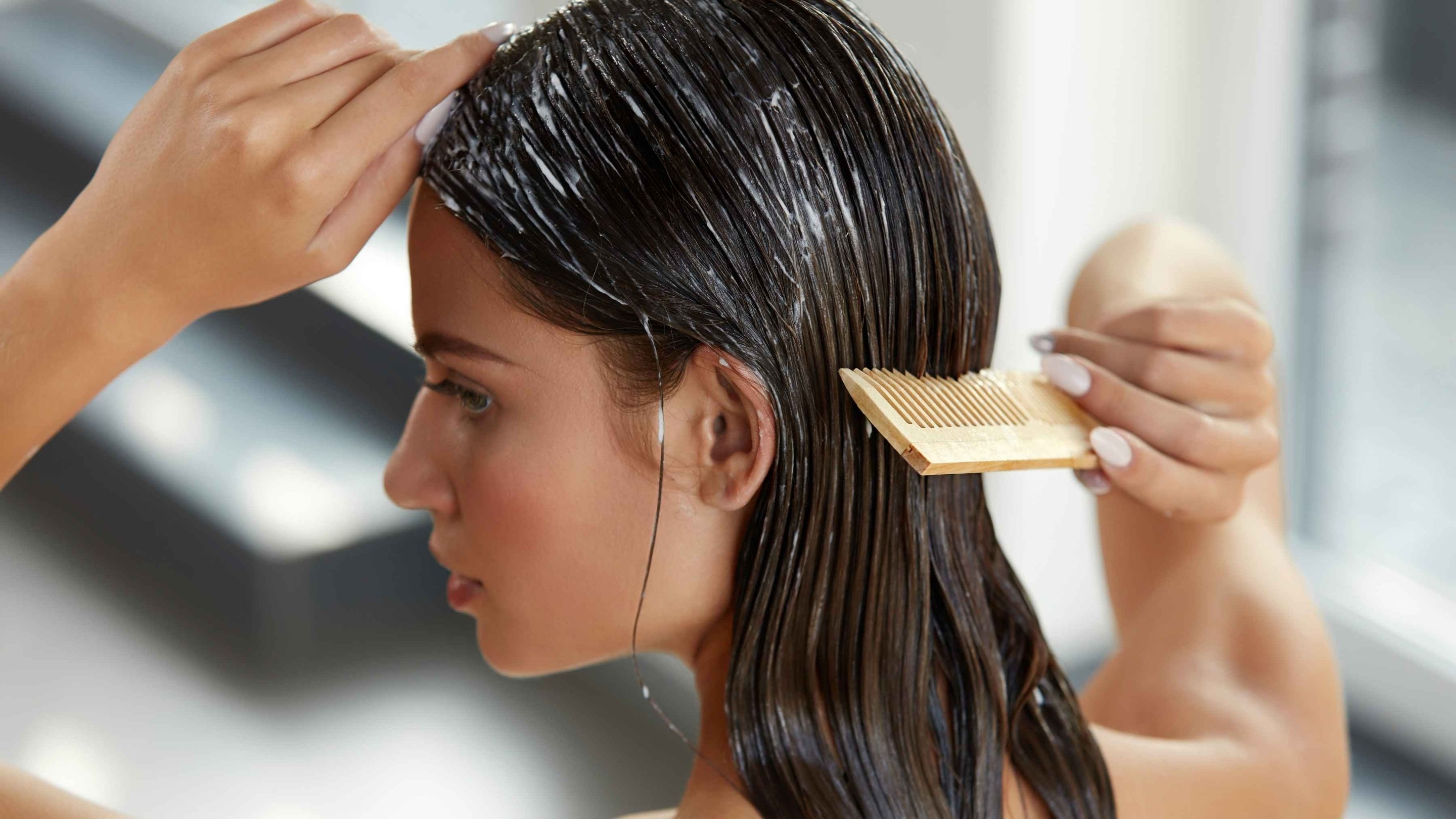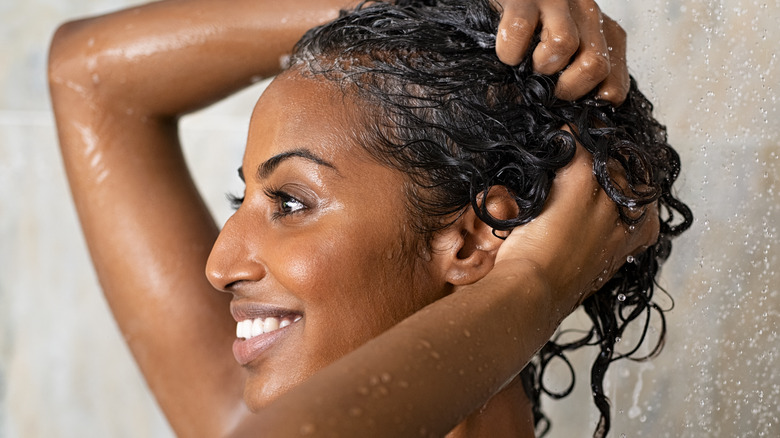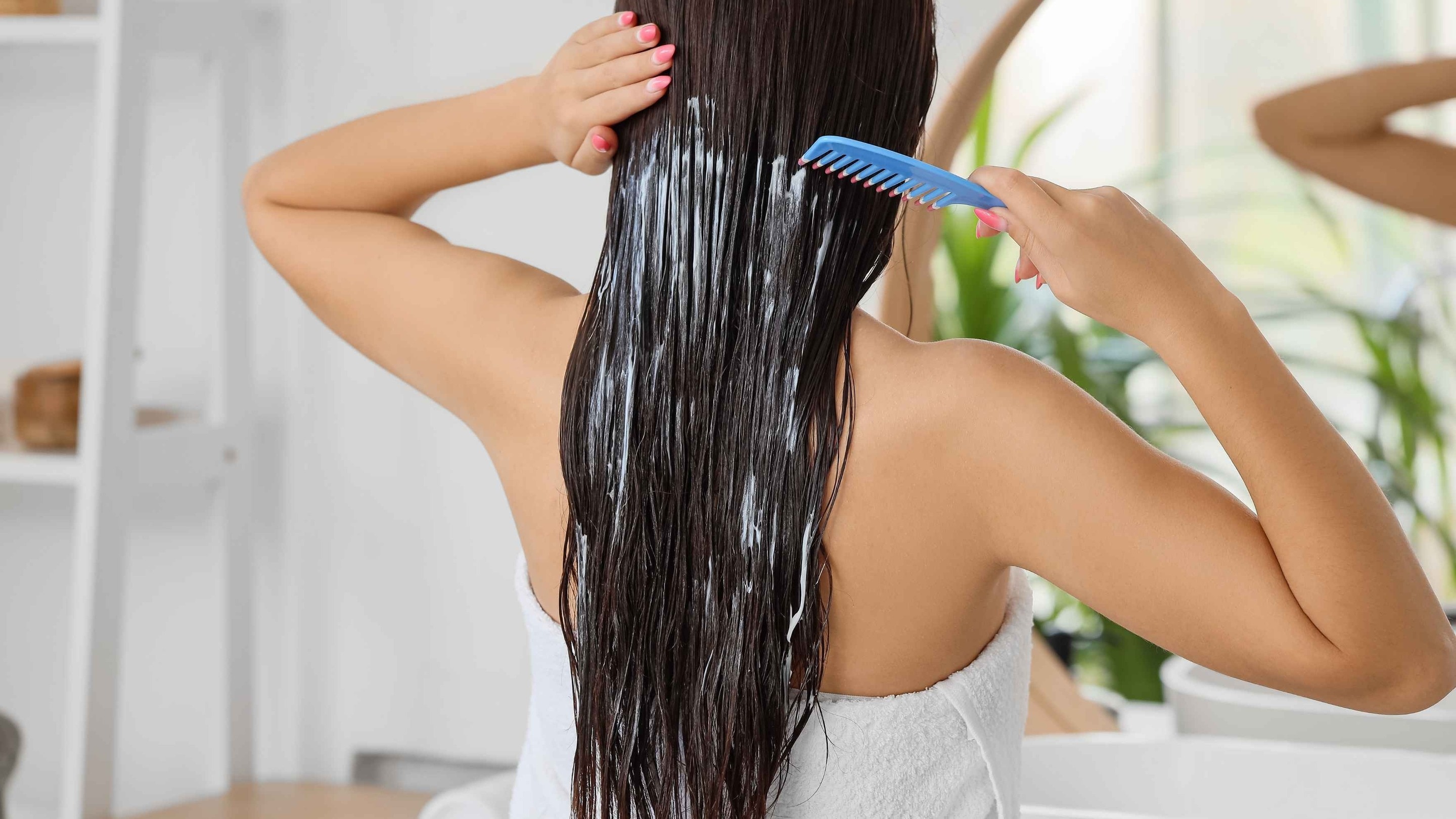
Blog
DIY vs Store-Bought Hair Masks: Which Is Better for African Hair?

African hair is naturally beautiful, versatile, and rich in texture — but it also demands care and attention to stay hydrated and strong. Between the South African sun, dry air, and frequent styling, our curls, coils, and kinks often need deep nourishment to retain moisture and prevent breakage.
That’s where hair masks come in. These intensive treatments restore softness, reduce dryness, and promote growth. But one big question remains — should you make your own DIY hair mask at home or invest in store-bought products?
Both options have their benefits and drawbacks. In this guide, we’ll break down everything you need to know — from ingredients and effectiveness to cost and convenience — to help you choose what’s best for your unique African hair.
Understanding What Hair Masks Do
Hair masks are like superfoods for your hair. They contain concentrated nutrients, oils, and moisturizers that penetrate deep into each strand, repairing damage and replenishing moisture.
Benefits of Using Hair Masks:
- Restores lost hydration
- Strengthens hair shaft and reduces breakage
- Improves elasticity and shine
- Reduces frizz and dryness
- Promotes scalp health and growth
For African women, whose hair naturally produces less sebum and is prone to dryness, hair masks are essential — not optional. Regular use can transform brittle strands into soft, manageable curls.
The Case for DIY Hair Masks

Homemade hair masks have been a part of African beauty traditions for generations. They use natural, readily available ingredients like shea butter, avocado, honey, and oils.
1. Natural Ingredients You Control
DIY masks let you decide exactly what goes into your treatment — no chemicals, parabens, or synthetic fragrances. You can customize recipes based on your hair’s specific needs.
Common nourishing ingredients include:
- Avocado: Adds deep hydration and nutrients.
- Honey: Retains moisture and adds shine.
- Coconut oil: Reduces protein loss and strengthens strands.
- Banana: Softens and conditions rough hair.
- Shea butter: Seals in moisture and prevents frizz.
2. Affordable and Accessible
Most DIY masks can be made using ingredients already in your kitchen. This makes them a budget-friendly option for South African women seeking natural care without breaking the bank.
3. Environmentally Friendly
Homemade masks reduce packaging waste and allow you to reuse containers, making them an eco-conscious choice.
4. Cultural Connection
For many African women, creating DIY masks is more than self-care — it’s a continuation of ancestral beauty traditions passed down through generations.
The Downside of DIY Masks
While DIY masks are natural and affordable, they do come with some limitations.
1. Short Shelf Life
Because they lack preservatives, homemade masks must be used immediately or refrigerated for a short time. This makes them less convenient for busy lifestyles.
2. Inconsistent Results
Without measured formulations, it’s easy to use too much oil or the wrong combination of ingredients, leaving hair greasy or heavy.
3. Limited Penetration
Natural ingredients are wonderful, but some nutrients in raw form can’t fully penetrate the hair shaft unless broken down or processed — something commercial formulas are designed to do.
The Case for Store-Bought Hair Masks
Modern store-bought masks are backed by science and created specifically for African and textured hair types. They combine natural oils with technology that improves absorption and repair.
1. Formulated for Performance
Store-bought masks contain a mix of natural extracts, proteins, and emollients designed to reach the deepest layers of your hair. Many include ingredients like keratin, castor oil, and argan oil — proven to repair damaged cuticles.
2. Consistent Results
Each jar or packet delivers the same strength, thickness, and hydration every time. You don’t have to guess or measure — just apply, wait, and rinse.
3. Time-Saving and Convenient
For women with tight schedules, a store-bought mask offers ready-to-use care without preparation or cleanup.
4. Longer Shelf Life
Unlike DIY treatments, these masks last months thanks to natural stabilizers and preservatives, saving you effort and waste.
The Drawbacks of Store-Bought Masks

Even the best commercial products can have downsides if you’re not careful.
1. Potential Chemicals
Some mass-market masks contain silicones, sulfates, and synthetic fragrances that can build up or dry out textured hair.
2. Cost
High-quality natural formulations can be pricey, especially if imported.
3. Hard to Find the Right Fit
Not every product suits African hair. Trial and error may be necessary before finding the perfect formula that balances moisture and protein.
Comparing DIY and Store-Bought: Which Is Better?
| Feature | DIY Hair Masks | Store-Bought Hair Masks |
|---|---|---|
| Ingredients | 100% natural and customizable | Scientifically blended, may include preservatives |
| Cost | Very affordable | Moderate to expensive |
| Convenience | Requires preparation | Ready to use |
| Shelf Life | 1–2 days | Up to 12 months |
| Results | Variable, natural softness | Consistent, deeper repair |
| Ideal For | Natural lifestyle, tight budgets | Busy women, damaged hair |
Verdict
If your goal is occasional deep nourishment using raw, natural ingredients — DIY masks are perfect.
But if you need consistent, targeted repair or you style your hair often, store-bought masks may deliver faster, more reliable results.
In reality, the best routine for African women often combines both — natural DIY treatments for regular care and a store-bought product for intense repair sessions.
How to Combine DIY and Store-Bought Masks

Blending natural DIY treatments with professional hair masks can give your hair the best of both worlds — the nourishment of raw ingredients and the advanced repair power of salon-grade formulas. Here’s how to create a balanced routine:
- Weekly Hydration – Apply a homemade mask made with honey and avocado to restore softness, shine, and elasticity.
- Monthly Repair – Treat your hair with a store-bought deep conditioner designed for protein replenishment and strengthening.
- Pre-Shampoo Treatments – Use coconut oil or shea butter before washing to minimize moisture loss and protect against dryness.
- After-Color Care – Choose a professional pH-balancingmask to smooth the cuticle and repair color-treated hair.
This balanced approach ensures your hair receives both the nutrient-rich care of natural ingredients and the science-backed repair of modern formulas, helping you maintain healthy, resilient strands year-round.
Where to Buy Quality Natural Hair Care in South Africa

If you prefer ready-made masks or want authentic African ingredients to enhance your DIY blends, the best place to shop is Black African.
Black African is a trusted South African brand offering natural oils, butters, and treatments designed specifically for African women’s hair. Our range includes:
- Unrefined shea butter for deep hydration
- Baobab and marula oils to add softness and shine
- Castor oil for growth and scalp nourishment
Every product is 100% natural, free from parabens and sulfates, and ethically sourced. With nationwide delivery, Black African makes it simple to maintain healthy, beautiful hair using ingredients that truly work for your texture and lifestyle.
Best Natural Ingredients to Add to Any Hair Mask
Even your favorite store-bought mask can benefit from a touch of nature. Mixing in nutrient-rich oils and butters adds depth, hydration, and lasting softness—especially for African and textured hair types. Try enhancing your mask with these powerful natural ingredients:
- Baobab oil – Softens strands, improves elasticity, and helps restore strength to brittle hair.
- Marula oil – Adds brilliant shine and smoothness while reducing frizz.
- Castor oil – Encourages thicker, fuller growth by stimulating the scalp and sealing in moisture.
- Shea butter – Locks in hydration, prevents dryness, and protects hair from environmental stress.
Just a teaspoon of any of these mix-ins can dramatically boost the performance of your regular mask—giving your hair that salon-fresh feel with every treatment.
FAQs
Are DIY hair masks really better for African hair?
DIY hair masks can be great for African hair because they’re chemical free, cost effective, and tailored to your specific concerns. Natural key ingredients like olive oil, aloe vera, eggs, and apple cider vinegar nourish hair follicles, promote hair growth, and restore overall hair health. They also help repair split ends and add extra moisture to dehydrated hair, especially when used under a shower cap for deep conditioning.
How do store-bought masks compare to DIY recipes?
Store-bought masks offer convenience and consistent results. Most masks contain added vitamins and hydrating compounds for shiny, healthy hair. However, some may include harsh chemicals that irritate a sensitive scalp or oily scalp. DIY recipes, on the other hand, allow you to control the ingredients—ideal for those avoiding synthetic hair products or focusing on natural hair growth and overall hair health.
What’s the right way to apply a hair mask for best results?
Apply to damp hair or wet hair for better absorption. Massage gently to coat strands and cover with a shower cap to trap warmth for deep conditioning. Rinse with lukewarm water and finish with a small amount of hair oil. This method hydrates dry hair and improves hair health across most hair types.
Which option suits different hair needs best?
If you frequently use heat styling, store-bought masks may provide faster results with specialized protection. For natural routines, DIY recipes using aloe vera, olive oil, or apple cider vinegar work well for dehydrated hair or split ends. Both types help promote hair growth, reduce breakage, and maintain shiny, balanced strands depending on your hair needs and lifestyle.
Conclusion
When it comes to the DIY vs store-bought debate, there’s no one-size-fits-all answer — the best choice depends on your hair goals, time, and lifestyle.
DIY masks give you natural control, cultural connection, and affordability. Store-bought masks deliver science-backed results, convenience, and consistency. The real power lies in combining both — using nature and innovation together to nurture your crown.
For African women across South Africa, embracing your hair’s unique beauty starts with giving it the care it deserves — and that begins with the right mask, made with love, quality, and authenticity.
When you choose Black African Organics, you choose natural excellence — African-grown, African-made, and designed to let your hair thrive.











